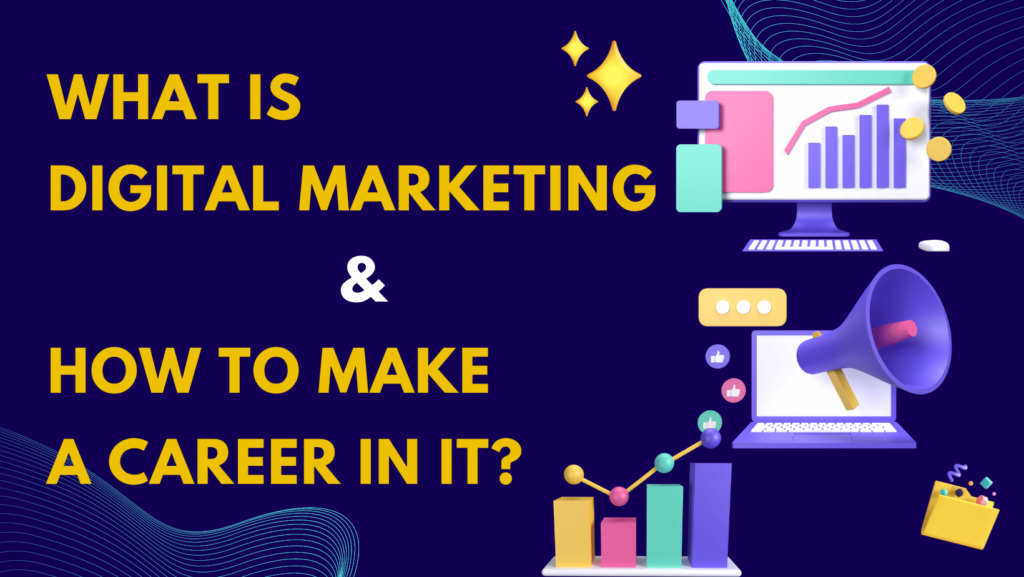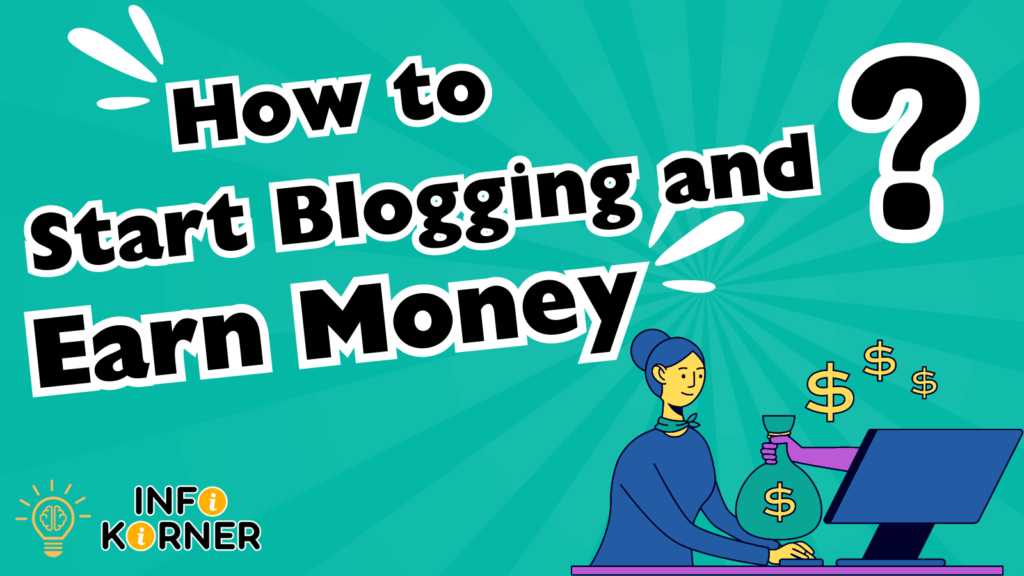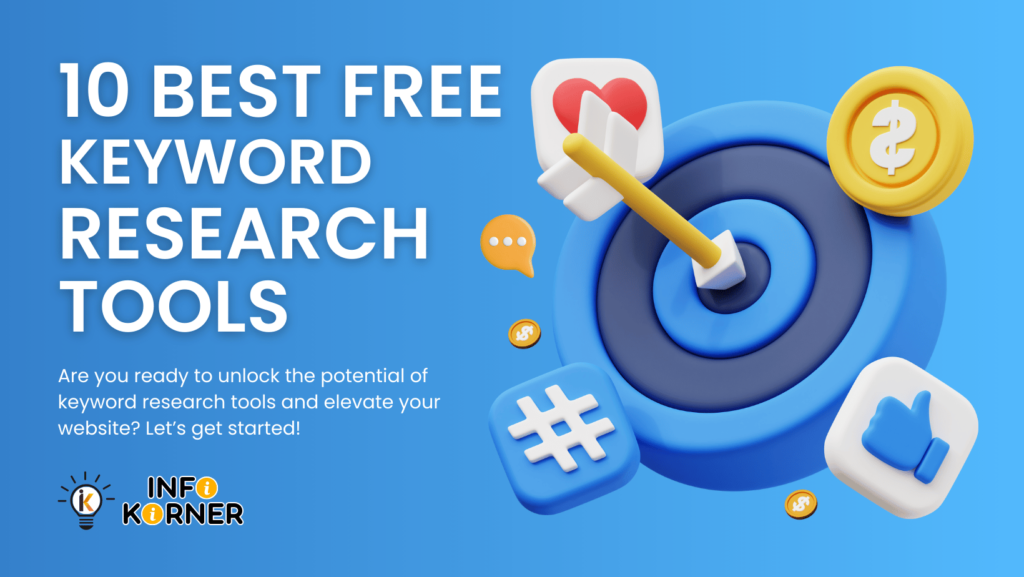What is digital marketing?
Introduction to Digital Marketing
Have you ever wondered why some ads keep appearing for you online? Or why some companies seem to be everywhere on the Internet? That is what digital marketing is. It can be defined simply, as really a promotion of products or services by passing digital channels like search engines, social media, e-mail, and websites. How businesses connect with customers today, and it is very important today. Why? Everyone today is online to shop and socialize, so businesses must be where their customers will be to do well.
Think of digital marketing more or less as a toolkit that’ll help businesses reach the people. Well, the beauty of it is that it’s way more targeted than, say, billboards or TV ads; here, you really know who you want to talk to, when, and how.

Types of Digital Marketing
Digital marketing is the super term under which so many different methods and plans fall. Here’s a simple list of the main types:
- Search Engine Optimization (SEO): Search Engine Optimization is that which makes certain websites appear on the first page of Google. Imagine. All this is created from SEO, which means optimizing a website to rank high in search engines and attract considerable traffic to a website.
- Pay-Per-Click Advertising (PPC): PPC You can’t get around the fact that because SEO is organic, PPC is paid. And as the name would suggest, with pay-per-click you pay for each click on your ad. Compare it to a fast pass to visibility.
- Social Media Marketing: We all know that Facebook, Instagram, or LinkedIn is a highly popular platform. Social media marketing uses those platforms to their fullest for the promotion of a brand, connecting with customers and building a community around a product.
- Content Marketing: Content is very important, isn’t it? It can be blogs, videos, or infographics. Content marketing means making and sharing useful information to attract and connect to people.
- Email Marketing: Although it may sound ancient, email marketing is still one of the most effective ways of reaching your audience. Personalized emails help to develop leads and keep your brand in their thoughts.
- Affiliate Marketing: This involves payment to other individuals, referred to as affiliates, for bringing visitors or sales to your website. Simply put, it’s a network of helping to promote your product in exchange for money.
- Influencer Marketing: Influencers are people who have large followings on the Internet and can suggest what their followers purchase. Collaborating with influencers can provide a new audience that may be interested in a brand’s product.
Why Online Marketing Is Important to Businesses Today
Well, it’s pretty simple: that is where people are. Most people are checking their smartphones or laptops, so businesses need to connect with them online. Whether you run a small, new company or you are a big brand, digital marketing helps you reach more people and the right people, so it’s easier to customize your messages. Digital marketing is different from traditional marketing because it can be measured and changed right away. This means businesses can quickly improve their strategies to achieve better results. Also, it is cheaper than traditional advertising.
The Emergence of Digital Marketing
Digital marketing has not always been like this. Remember the age when there was just the internet. All that existed back then was banner ads and really simple email marketing campaigns. With technology developed and improved, digital marketing has also evolved. Today, we have more advanced tools and techniques that allow businesses to fine-tune their approach in order to target the right audience at the right time. Digital marketing is very important to all businesses. This is because of the boom in search engines like Google and the immense growth of social networking sites.
Important Components of a Digital Marketing Plan
A good digital marketing strategy is somewhat like a recipe: it requires the right parts and careful work. The main parts are as follows:
- Audience research and segmentation: Understand your audience and tailor your messages to the audience.
- Content creation: Create meaningful content relevant to your audience.
- Analytics and measurement: The use of Google Analytics to track performance as well as data-driven decisions.
Without those parts, your digital marketing campaign might go nowhere. It is like baking a cake with unknown ingredients; it will not work.
Current Trends in Digital Marketing
The world of digital marketing is ever-changing, and one’s failure to update themselves is often detrimental to the progress of success. Today, some of the significant trends include:
- Video content: Today, with the popularity of TikTok and Instagram Reels, short videos are trending.
- Influencer marketing: More brands are working with influencers to reach specific groups of people.
- AI and automation: Tools that employ AI make it easier for marketers to automate and optimize the campaign for better results.
How to Get Started in a Digital Marketing Career
Skills required to succeed in Digital Marketing
So, you want to work in Online marketing. Good idea! But what skills do you need? Here is the list of important skills:
- SEO and SEM: Many improvement opportunities exist in terms of upgrading websites and running paid search ads.
- Content creation: This may be in the form of blog posts, video, or even infographics. Content is the backbone of digital marketing.
- Data analysis: Analyzing Data Google Analytics tools help marketers understand how well a campaign does and what customers do.
- Social media management: Know how to manage and grow a brand’s presence on social media sites like Instagram, Facebook, and LinkedIn.
- Marketing automation tools: The benefit of knowing how to use tools like HubSpot or Mailchimp is enormous.
Steps to Start a Career in Digital Marketing
There are no formal degrees required for becoming properly established as a digital marketing professional and, above all, it involves self-discipline and hands-on experience. Let’s get started here:
- Learning the basics: Online classes. Resource : Coursera and Google’s free certifications are a good starting point.
- Create a portfolio: Blogging, video production on YouTube, or even social media management are options. Experience and actual work will set you apart.
- Freelance or intern: Experience in practice by doing projects for clients or companies. Even an unpaid internship can provide essential learnings.
- Maintain an online presence: Be visible online. Create a professional profile on LinkedIn and showcase your expertise.
jobs and career options
After having gained the skills for yourself, there are many career paths in digital marketing that one can pursue:
- SEO specialist: Specializing in making websites friendly to search engines.
- Content Strategist: Plan and develop content that appeals and meets people’s needs.
- Social Media Manager: to create and maintain a brand’s presence on social media.
- PPC Specialist: Implement paid advertising campaigns to bring in visitors and increase sales.
- Email Marketing Specialist: Design customer- profiled messages to feed leads.
Every position is unique, so choose one that fits your preferences and skills.
Challenges and Opportunities in Digital Marketing
As in any profession, there are some problems in digital marketing. Of course, first of all, there is the constant need for innovations and, therefore, constant learning throughout one’s life. Competition is also high; it’s difficult to make yourself really different. But that’s the good news: digital marketing is a very popular field, and there’s every opportunity for growth. The more businesses shift into the internet space, the more these businesses will need skilled digital marketers.
Best Tools to Learn About it
To do well in digital marketing, you need the right tools. Here are some you should get to know:
- Google Analytics: A must for tracking website performance.
- SEMrush: Good for SEO and analyzing competitors.
- Mailchimp: Powerful Email Marketing Tool.
Also Read: How to Start Blogging and Earn Money: A Complete Guide
FAQs
No degree is required. One may earn a degree but most who begin there will garner experience and certifications that will lead them to success.
This can vary with the input but a rough estimate would be 6 months of sincere learning and practice.
Key skills, therefore, include SEO, content creation, data analysis, and communication.
Start with online courses, certifications, and practical experience from internships or personal projects.
Some tools commonly used in the industry are Google Analytics, SEMrush, and Hootsuite.


